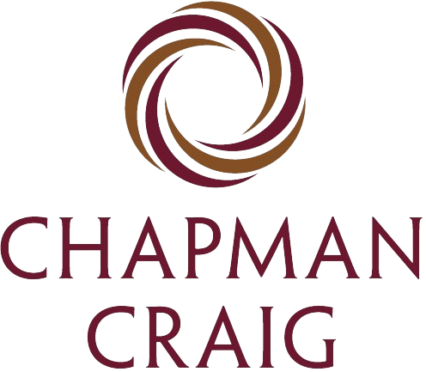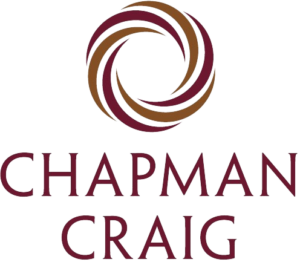Click here for the introduction to our “Investing in the Post-Covid Era” series of materials.
With the recent turmoil in global equity market, we look at the essential skill for achieving strong investment returns.
The dramatic fluctuation in global equity markets of the past 18 months have caused many people to reconsider their investment strategies. We hope that one of the outcomes will be that investors will be less complacent.
To be a good international investment manager one should be a generalist, not a specialist. Contrary to what investment professionals may say, we believe that strong investment returns are founded on a few simple concepts. In the mid-1990’s, Daniel Brosseau, a co-founder of Letko, Brosseau and Associates, outlined these concepts to industry peers in a presentation title. “Investing Without Borders’. The analogy is simple and clear and as relevant today as it was a decades or so ago. Of course some of the company names will seem outdated but the concept remains as robust as ever and of course the global economy is more intricate and intertwined as ever.
Imagine a dinner menu with a fixed menu and an à la carte menu (see Table 1 below). As an investor, you can choose the fixed menu of country allocations, such as the US, Europe, Japan or Asia. We prefer the à la carte menu by which we look at the world from an industry perspective and select a favourite dish in each country.
Imagine another list (see Table 2) which portfolio managers might choose from, from the Dow Jones index and a list of auto producers.
The greater your knowledge, the higher the probability of success
Everything we have learnt from a business and economic point of view tells us it is much easier to deal with and analyze Manager B’s list because it is comprised of companies in the same industry. One can examine competitive position, cost structures, profit margins, capacity growth, etc. Even international questions such as the impact of currency swings, interest rates and duties can be analyzed more easily from the industrial perspective using Manager B’s list.
Analyzing Manager A’s list is more difficult. Comparing IBM or McDonalds to Nike is not easy. What you can say or conclude is limited. However, if you compare GM to Honda or BMW, things become clearer. It is more natural to compare GM to Toyota than to Walt Disney.
In order to shop in a very large store with excellent products, prices and variety, it follows that one has to go to the global store but how does one increase the probability of achieving superior investment results in a world without borders?
Getting it Right
The greater your knowledge, the higher the probability of success. But a little knowledge may be damaging and too much knowledge can hurt as you may end up focusing on the details to the detriment of the larger picture.
The Valuation Model
The valuation model and the quality of the analysis and judgment are very important in order to be able to properly interpret the facts. The better and more rigorous the analysis, the higher the probability of being right. This is usually improved by looking at a variety of situations.
Amplitude of Valuation Distortions
The greater the valuation distortions are, the greater the odds of being right. A corollary of this is that the wider the population of investment candidates to choose from, the greater the probability of finding undervalued securities.
When you widen your analysis, you increase the investment candidates and the environment in which they operate. As knowledge increases, the quality of analysis should also improve. As you increase your population of companies, the chance of finding cheap stocks increases. Thus, the probability of making right decisions increases. Superior investment returns are attained by the consistency of making the right investment decisions.
People often say that to invest in Europe, one needs a European manager. It should be noted that to do quality analysis and observe valuation distortions, the manager’s location is unimportant.
You may retort that some people have better sources of facts. Clearly, the investor or portfolio manager who plays golf with a senior executive of General Motors may have an edge over the one who does not. However, in today’s world, we believe that those benefits are eroding, due to the quantity and speed with which information is now made available
The question we hope to raise through this article is whether the allocation decision is best made with a top-down approach, that is to say, an approach which distributes funds between world markets periodically, or, by an ongoing analysis of industries and companies which compares valuations and opportunities on a global basis.
Table 1:
| Fixed Menu | A la Carte | |||
| US | S&P 500 | Chemicals | Semi-conductors | Forest Products |
| Japan | Nikkei 225 | Metals | Airlines | Auto |
| U.K. | FTSE 100 | Media | Retail | Oil & Gas |
| Germany | Dax | Telcom | Mining | Food Processing |
| France | CAC 40 | Healthcare | Pipelines | Software |
Table 2:
| Manager A | Manager B | ||
| Dow Jones Companies | 10 International Auto Companies | ||
| Microsoft | McDonalds Corp | Toyota Motor | Renault SA |
| Boeing Co | Nike | Ford Motor | General Motors |
| Pfizer | General Motors | Fiat Chrysler | Volvo AG |
| Coco-Cola Co | Walt Disney | Honda Motors | Scania |
| Cisco Systems | Procter & Gamble | BMW | Hyundai |
Click here to download a PDF version of this article.




